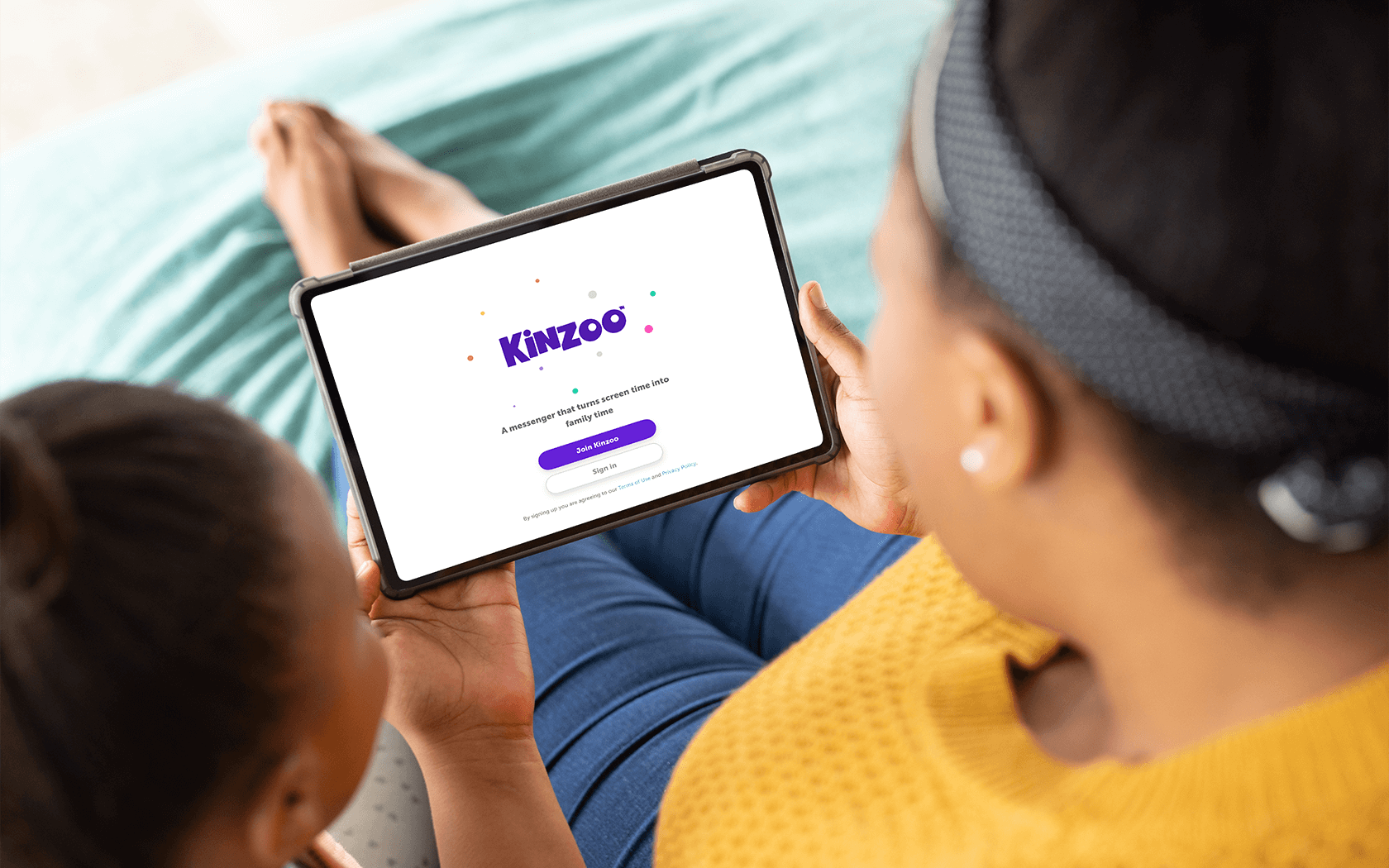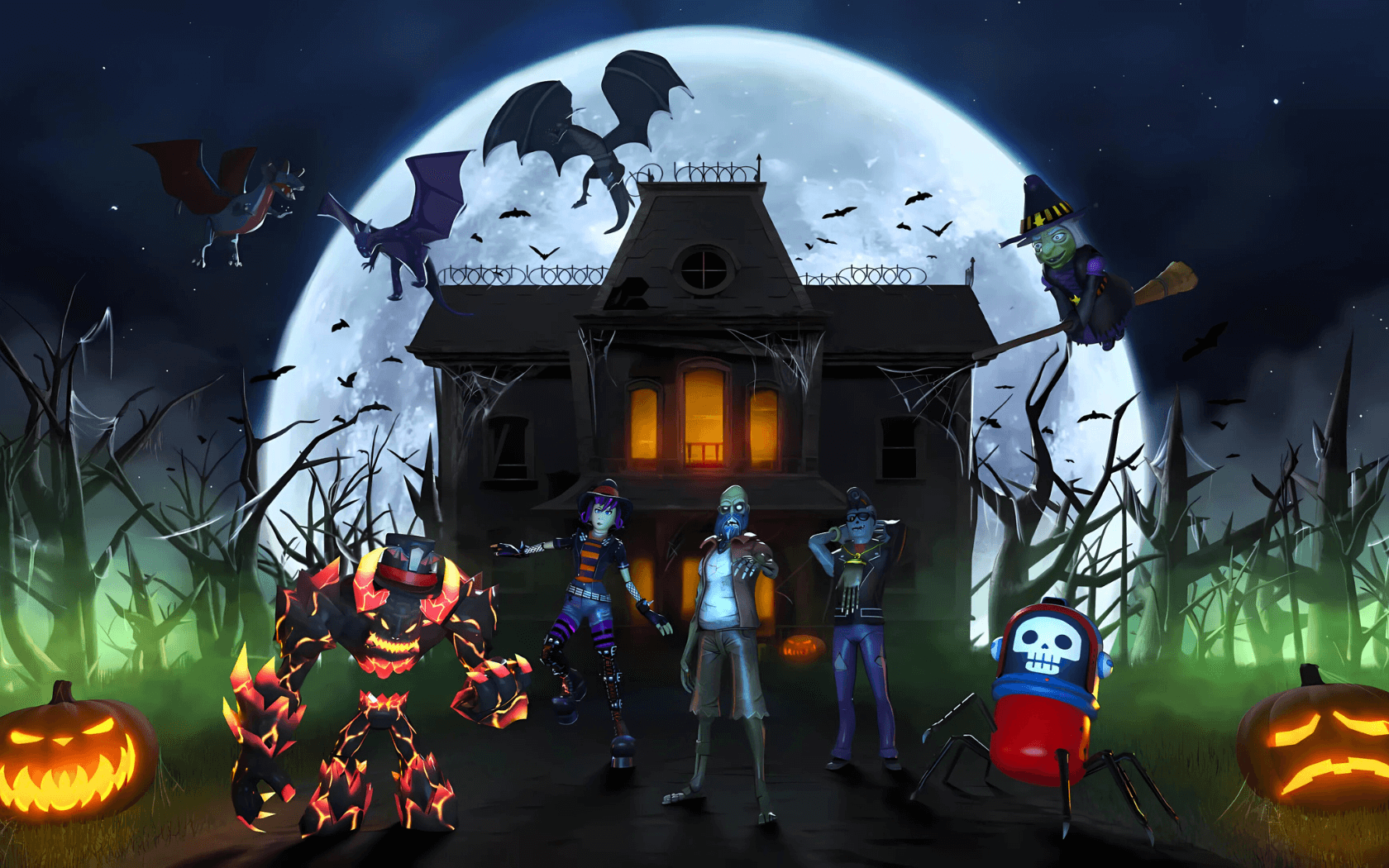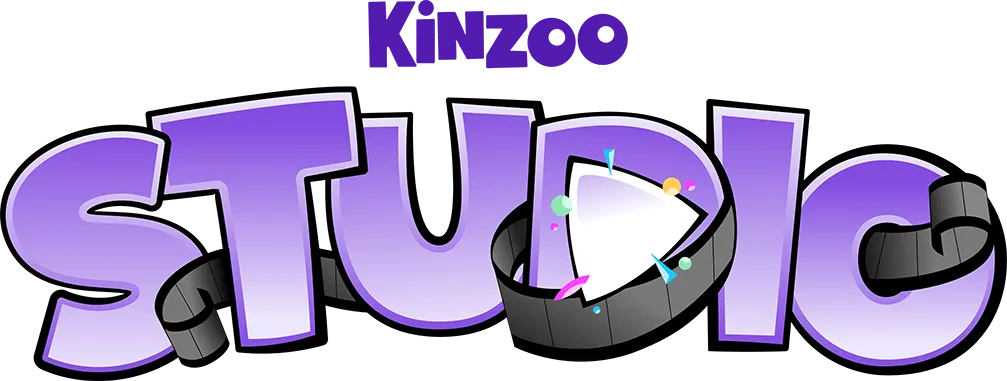For many of us, spending time on social media has become a routine part of our day, and these platforms certainly have their benefits: they allow businesses, influencers and everyday people to share content instantaneously. They can help us stay up-to-date with friends at times when seeing each other in person is impossible—and, they’ve even played a large role in recent social movements, helping amplify messages about racial justice. But despite the positives, a lot of us are still wary of social media. And thanks to the recent documentary, The Social Dilemma, many of us are rethinking how these platforms can affect us and our kids. Below, we take a look at three more reasons parents and children might want to consider an alternative to social media.
Public platform, public digital footprint
When you post on a social media platform, it creates a digital footprint. Think of it like a collection of your online activity; it includes your social media posts, likes, comments, and other things you do online like shopping and sharing news articles. Even content on private profiles or stories that disappear can add to your digital dossier.
Kids in particular may not fully understand that what we post online today can affect our lives tomorrow. “It’s important for parents to help their kids understand that what they’re putting online is public, permanent, searchable, exploitable, computable, shareable—and it’s all for sale,” says online safety expert The White Hatter. His advice?
Just don’t share too much information. Period. End of story. Darren Laur, The White Hatter
And it’s not just a concern for kids—a lot of parents create a digital footprint for their child before they’re even born. Kids will eventually see the content you post, which can be disconcerting when they realize how much of their life is already online, sometimes without their knowledge.
All that said, it’s still rewarding and fun to share with family and friends online—but sharing on a private platform like Kinzoo can be a good way to stay connected with those who matter most, while striking the balance between public and private.
Access to the world
Social media companies make money by connecting you to as many people as possible. The more contacts you have, the more users they have, which directly translates to revenue for the platform. It’s not unusual for adults to amass thousands of followers—old classmates, coworkers, siblings’ ex-partners. So even when we’re sharing on a private profile, whatever we’re sharing has a large reach.
It’s also relatively easy to reach people who aren’t on your approved followers list. Many platforms allow you to send contact invitations, or even private messages to people you don’t know. While this might be no big deal for parents, it could be confusing or even dangerous for kids.
This is one of the reasons why most Terms of Service on social media platforms require users to be 13 or older. It’s a good idea to wait until children are old enough to safely navigate contact requests and DMs before they join open platforms. Until then, platforms built specifically for children are a good alternative.
The social validation loop
One way that social media platforms have learned to keep us coming back for more? Social validation. Likes, followers, comments—and all the notifications—can result in little hits of dopamine, creating a feedback loop that leaves you wanting more.
It’s a similar mechanism to the psychology of gambling. The reward (be that winning at a slot machine, or getting 100 likes on a post) is unpredictable and makes the user want to come back for more. And social media platforms are well aware of that power. Algorithms can shape how and when likes or notifications are deployed, giving you an even bigger reward at one time and leveraging the highs and lows of social media to build habits in users.
For kids, social inclusion is an important part of growing up—but social media can color social interactions, and the need for online social validation can potentially lead to anxiety. Kinzoo is intentionally designed without social validation, so you can focus on meaningful connections.
Finding an alternative
While kids may love exploring online, it’s important they understand the lasting effect that their engagement on social media may have for them, their family—and their futures. If you’re looking for an alternative to connect with loved ones, explore creativity, and cultivate new passions with your family, check out Kinzoo.
Photo Credit: Rawpixel.com / Shutterstock


















.png)








